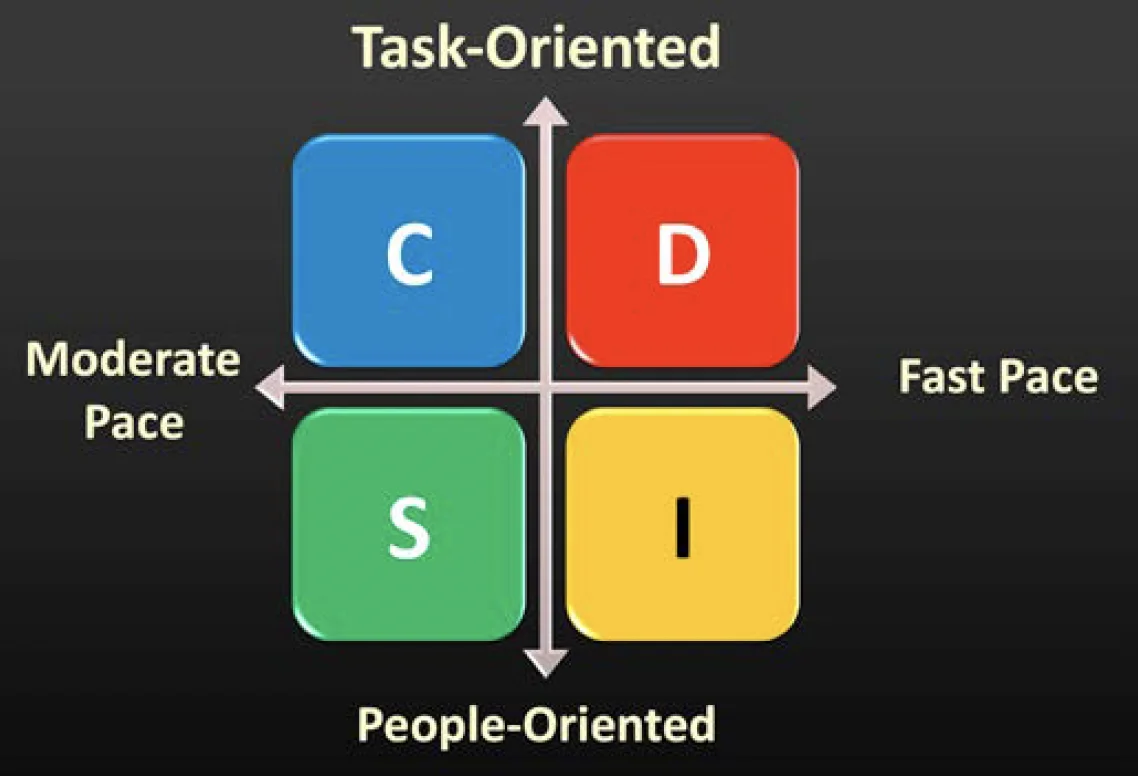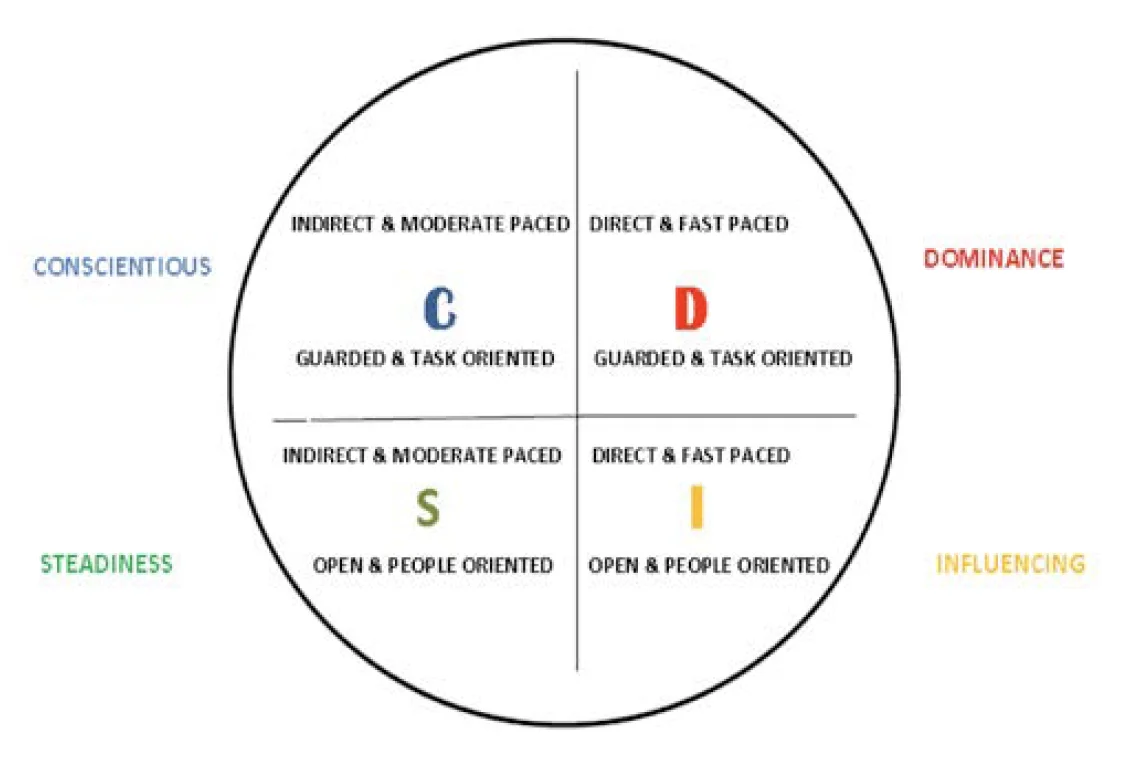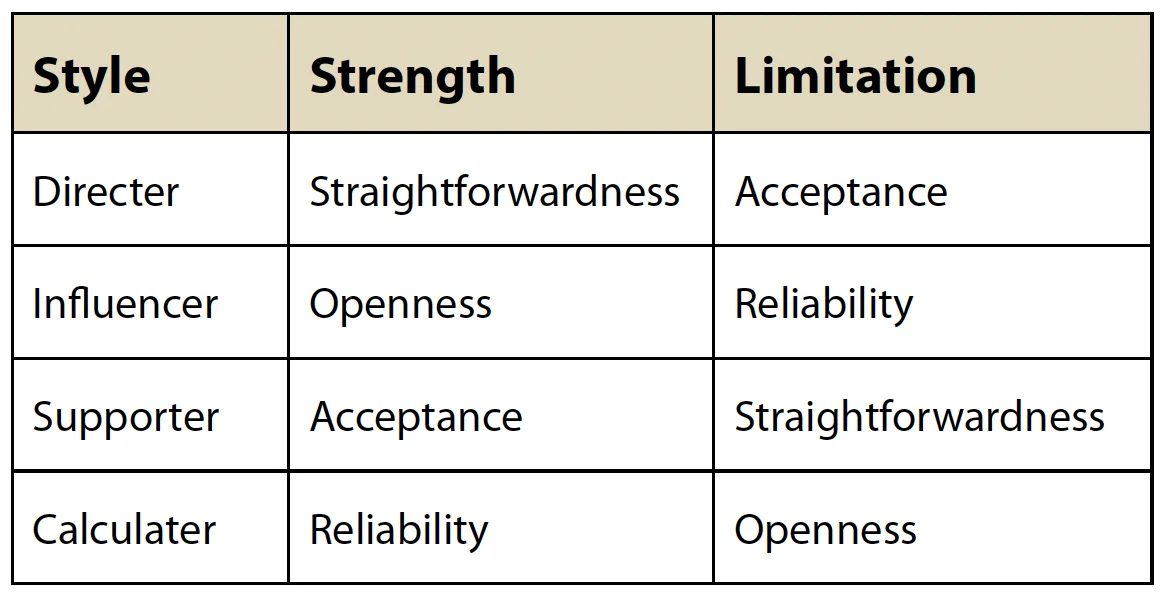To the Samaritan woman at the well, Jesus offered living water (John 4:10). But He told Nicodemus he must be born again (John 3:3). Another time, He instructed a rich young ruler to sell his possessions and give to the poor (Matthew19:21). And when He spied Zacchaeus up in a tree, He simply invited Himself over for lunch (Luke 19:5).
On each occasion, Jesus pointed the way to freedom. But have you ever noticed how the Lord approached every person He met in a way that seemed specially tailored to the individual? That’s because Jesus recognized that every person exhibits unique personality traits and behaviors. The greatest leader who ever lived understood that while we’re all “fearfully and wonderfully made,” we’re also wired differently.
Imagine how much your personal and professional relationships would benefit if you, too, could learn to see the unique personality traits and behaviors of others? How would this understanding impact your ability to lead?
Now, imagine if you were truly aware of your own special blend of behavioral tendencies? How might that knowledge forever change the way you approach problems, schedule your day, and handle conflicts?
Self-awareness is the key to relational success, yet it’s seldom talked about. But if we want to reach our true, God-given potential, we must have a clear understanding of the unique personality He’s given us—and that includes knowing our own strengths and weaknesses. Self-awareness, or the lack of it, impacts our marriages, the way we parent, our employee-employer relationships, and how we perceive and understand others.
A study conducted by Green Peak Partners found that a high self-awareness score was the strongest predictor of a leader’s future success. And according to Victor Lipman, the qualities we commonly associate with management and leadership—being authoritative, decisive, forceful, perhaps somewhat controlling at times—if not moderated with a high degree of self-awareness—are the same qualities most likely to alienate the very people we hope to influence.









